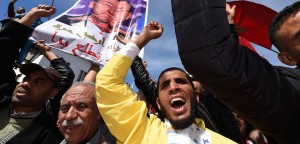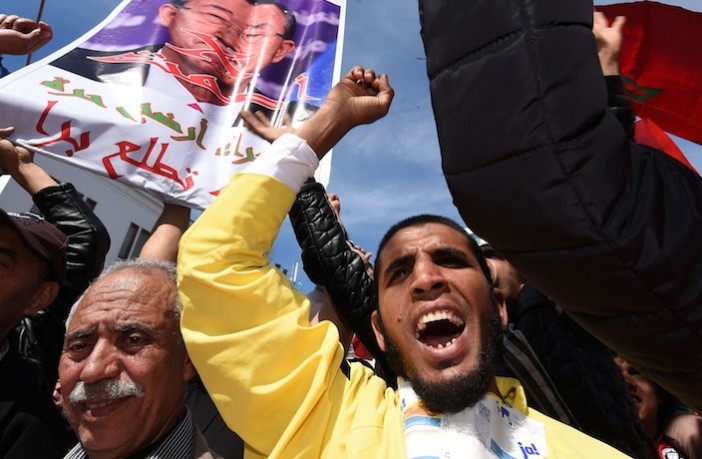Foreign Policy
by Lester Munson

It is never a good idea to make broad generalizations about Africa. For every long-term dictatorship, there is another nation that has embraced democracy. For every country that is struggling economically, such as Sierra Leone, ranked nearly last in the world in economic growth, there are two more African nations that are thriving, like Ethiopia and Cote d’Ivoire, each with growth rates over eight percent.
There is one generalization, however, that holds true much of the time: Creating new nations doesn’t solve problems so much as create new ones. The past quarter century has seen two new nations born in Africa — Eritrea and South Sudan. Neither has thrived. Since its founding in 1993, Eritrea has launched wars against all of its neighbors — including Yemen, which is separated from Eritrea by the Red Sea. Since its creation in 2011, South Sudan has headed straight into civil war and humanitarian catastrophe. (This is not to say that new sovereign nations shouldn’t be considered when they can bring stability out of chaos, as with the Kurds in Syria and Iraq, or the case of Somaliland).
So the somewhat-remote possibility of a new nation in the Sahara should be seen as a cause for concern. That possibility exists in Western Sahara, a little-known but large swath of land on the Atlantic side of the desert. Long part of Morocco, Western Sahara was reclaimed by Morocco in the 1970s as the Spanish ended their colonial rule there. Unfortunately, local rebels teamed up with Algeria, Cuba, and other Soviet-era comrades to launch a war against the Moroccans. In 1991, the sides reached a ceasefire, with Morocco controlling nearly all of its former territory.
The rebel forces, known as the Polisario, retreated to camps in the Algerian portion of the Sahara. The United Nations began to plan for a referendum on the future of Western Sahara, but after a decade of international efforts, no consensus emerged on who, exactly, would vote. At the urging of several nations, including the United States, Morocco has put forward a plan for an autonomous region in Western Sahara, but under the ultimate sovereignty of Morocco. The Polisario has refused to consider the plan, and has threatened a return to violence.
This issue received attention recently, when U.N. Secretary-General Ban Ki moon, during a trip in the region, made reference to Western Sahara being “occupied” by Moroccan forces. The remark prompted a massive demonstration in Morocco, with as many as three million people marching in the streets.
This minor controversy has provided an opportunity for the international community to take the sensible step of communicating to the Polisario and Algeria that independence for Western Sahara is not a viable option, and that it should accept Morocco’s offer of autonomy. This outcome — limited independence for the people of Western Sahara — is a reasonable compromise that accounts for most of the interests of all parties. To be blunt, an independent Western Sahara would be a disaster, much like Eritrea and South Sudan have become.
Looking east from Morocco, the map of the Horn of Africa is filled with turmoil, much of it caused by the two new nations, and some of it spilling over to the Arabian Peninsula, where the United States has vast strategic interests. Eritrea, which once supported Houthi rebels in Yemen, is now on the side of the coalition seeking to thwart them. In South Sudan, the world’s newest nation, one that would not exist but for American diplomacy, tens of thousands have been killed in a brutal civil war and two million people have been driven from their homes. It is Syria on the Nile — the world’s latest failed state.
There is no reason to visit this chaos on Morocco or the Sahara region. Morocco, which was the first nation to recognize the United States in 1777, is one of our oldest and closest friends. It was a staunch ally of the United States in the Cold War, and is now a key Arab nation in the fight against terror and radical extremism.
Both Presidents Clinton and George W. Bush noted, regarding Western Sahara, that “[g]enuine autonomy under Moroccan sovereignty [is] the only feasible solution.” The Obama administration should use the current controversy to make this solution a reality.







